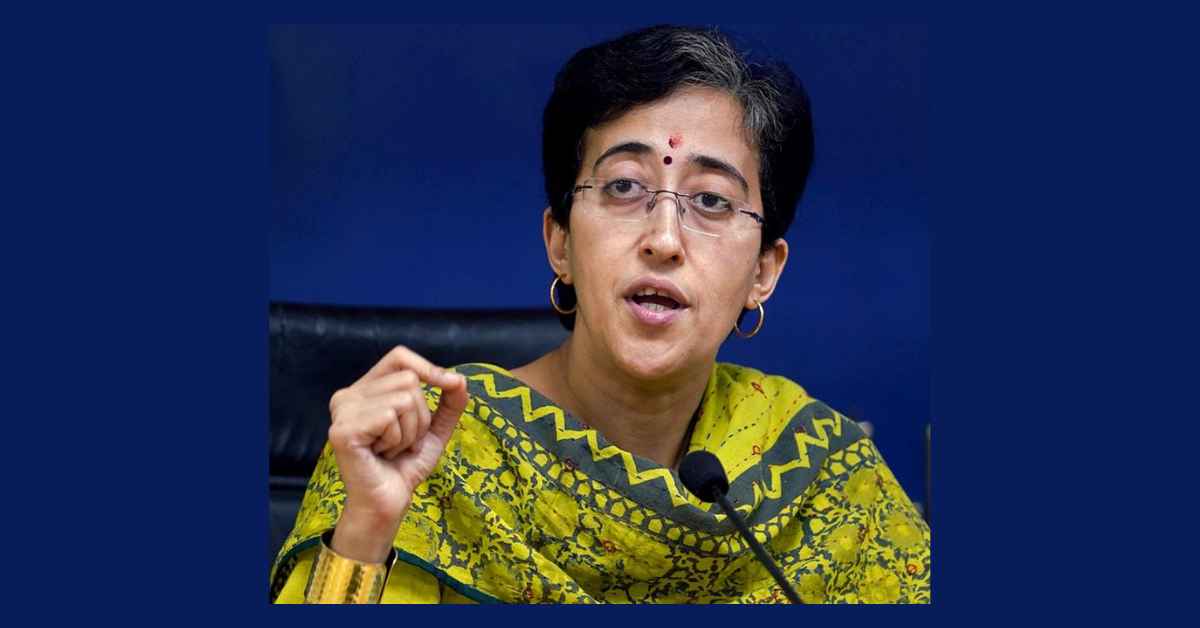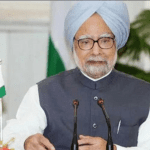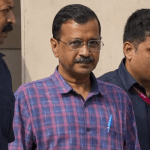In the heart of India’s political arena, a tempest brews as Aam Aadmi Party (AAP) leader Atishi reveals startling accusations against the Bharatiya Janata Party (BJP), shaking the very foundation of the nation’s political landscape. Against the backdrop of a contentious liquor policy scandal and a relentless power struggle, Atishi’s claims illuminate the depths of political intrigue and manipulation.
Atishi’s Allegations: A Political Bombshell
In a dramatic turn of events, Atishi, a prominent figure within the AAP, recently came forward with explosive allegations against the BJP. She disclosed that she had been approached with an offer to defect from the AAP and join the BJP, under the guise of “saving her political career.” Atishi further asserted that the BJP had issued thinly veiled threats of arrest by the Enforcement Directorate (ED) should she refuse to comply with their demands.
The backdrop against which Atishi’s allegations unfold is the ongoing Delhi liquor excise policy scandal, which has cast a dark shadow over the AAP and the opposition INDIA bloc. As key AAP leaders, including Chief Minister Arvind Kejriwal, have faced arrest and accusations of corruption, the political landscape has become increasingly tumultuous.
The BJP’s Response: Firm Denials and Deflection
In response to Atishi’s claims, Union Minister Hardeep Puri swiftly dismissed the allegations, stating unequivocally that the BJP “does not have any vacancy” for her. Puri pointed to the AAP’s entanglement in the liquor policy scandal as a deterrent to accepting Atishi into the party fold, emphasizing that the BJP would not complicate its position amidst ongoing controversies.
Atishi’s Revelation: A Window into Political Machinations
At the crux of Atishi’s allegations lies a narrative of political manipulation and intimidation. She highlighted the BJP’s purported strategy of systematically targeting AAP leaders, including prominent figures such as Satyendra Jain, Manish Sisodia, and Sanjay Singh, with the ultimate goal of dismantling the opposition party. Atishi further claimed insider knowledge of the BJP’s intentions to arrest four additional AAP leaders in the coming months, including herself, as part of a concerted effort to weaken the party’s influence.
The Enforcement Directorate’s Role: Weaponizing Legal Proceedings?
Central to the escalating tensions between the AAP and the BJP is the involvement of investigative agencies such as the Enforcement Directorate (ED). With the ED labeling Arvind Kejriwal as the “kingpin” in the alleged liquor policy scam, accusations of political bias and manipulation have proliferated. The AAP has accused the BJP of utilizing the ED and other agencies to fabricate corruption charges and harass opposition leaders ahead of the upcoming elections, while the BJP maintains that these agencies are acting independently in accordance with Prime Minister Narendra Modi’s anti-corruption initiatives.
The Implications: A Fractured Political Landscape
As the political saga unfolds, the repercussions are felt across the nation’s political spectrum. The ongoing power struggle between the AAP and the BJP underscores the fragility of India’s democratic institutions and the lengths to which political parties will go to secure their interests. With the elections looming on the horizon, the stakes are higher than ever, and the battle for supremacy rages on unabated.
In Conclusion: Navigating the Complexities of Indian Politics
At the intersection of power, ambition, and ideology, the drama surrounding Atishi’s allegations offers a glimpse into the complex tapestry of Indian politics. As accusations fly and tensions escalate, the future of the nation hangs in the balance. In the face of adversity, leaders like Atishi stand firm, resolute in their commitment to uphold democratic principles and fight for the interests of the people. As the political landscape continues to evolve, one thing remains certain: the journey towards a more equitable and just society is fraught with challenges, but it is a journey worth undertaking.





